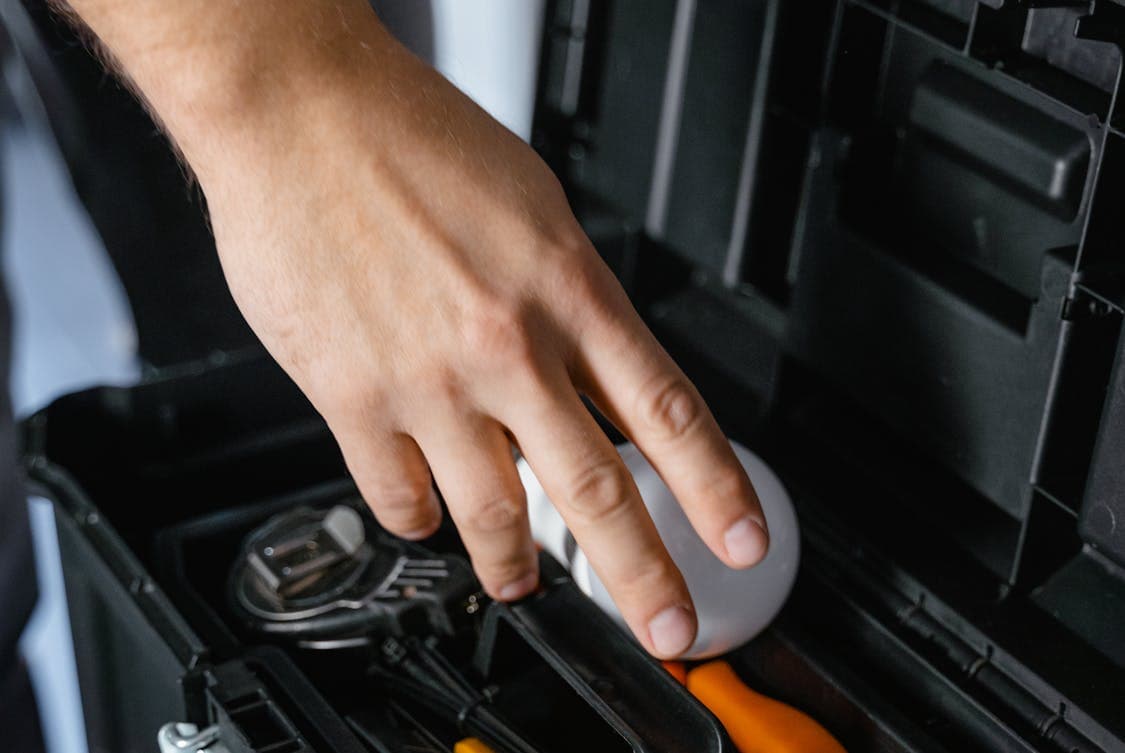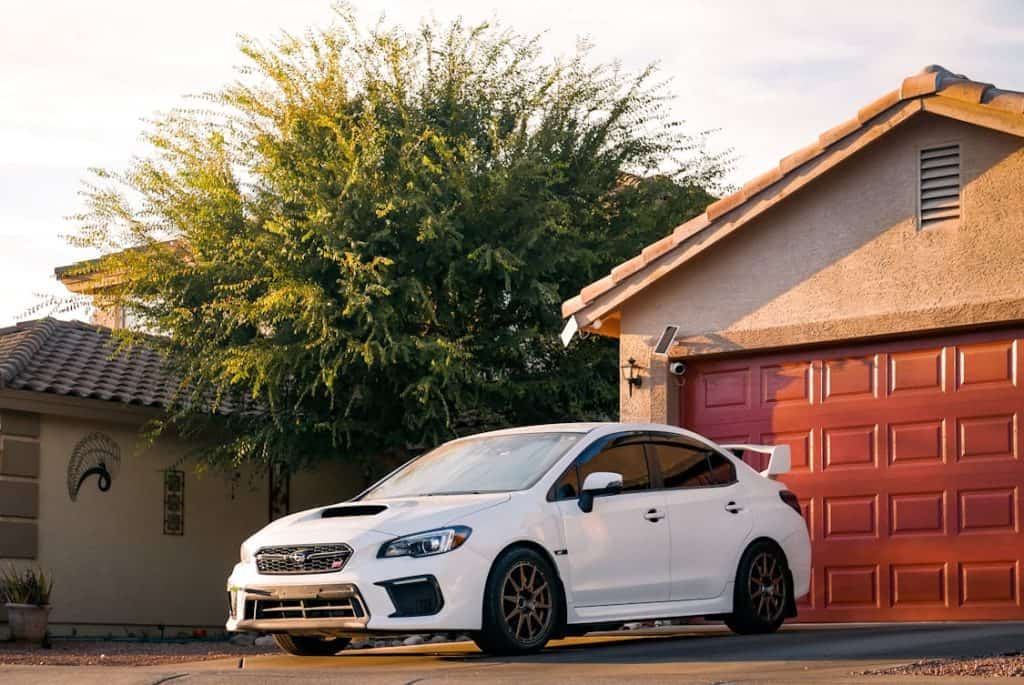A garage door is a significant feature of your home, providing security and enhancing curb appeal. When troubles arise, homeowners often face a tough decision: should they repair or replace their garage door?
The answer isn’t always straightforward. Several factors come into play, and weighing them carefully can lead to a more satisfying outcome.
Recognizing the Signs of Trouble
Garage doors can exhibit a range of problems, from minor inconveniences to major failures. Noticing these signs early can save you time and money.
Common Issues to Look For
If your garage door is making unusual noises, failing to open or close properly, or showing visible damage, it’s time to assess the situation.
Common issues include misaligned tracks, worn-out springs, or malfunctioning openers. If the door shakes or moves unevenly, it’s a warning sign that shouldn’t be ignored.
Age of the Door
The age of your garage door plays a pivotal role in this decision. Most garage doors have a lifespan of around 15 to 30 years, depending on the materials and usage.
If your door is approaching or has exceeded that age, repairs might only offer a temporary fix.
Evaluating Repair Options
When considering repairs, it’s essential to evaluate the extent of the damage and the associated costs.
Cost of Repairs
Minor repairs, like fixing a spring or aligning the tracks, can be relatively inexpensive. However, if the repairs start to pile up or involve critical components, it may be worth considering a replacement.
Gathering quotes from local repair services can provide clarity.
DIY vs. Professional Help

Some repairs can be tackled on your own, especially if you’re handy. Changing out a remote battery or lubricating hinges might be manageable.
On the flip side, complex issues, such as a complete spring replacement or electrical problems, typically require professional intervention.
Long-Term Reliability
If a repair seems to fix the problem, consider the long-term reliability of the solution. A temporary fix may lead to more issues down the road, creating an endless cycle of repairs.
If you find yourself repairing the same component repeatedly, it may be time to throw in the towel.
When to Consider Replacement
At times, replacement is the better option. Knowing when to make this decision can save you headaches in the long run.
Extensive Damage
If your garage door has significant damage, such as large dents, rust, or cracks, these issues can compromise its structural integrity. A door that no longer functions well may not provide the protection and security you need.
Energy Efficiency
Modern garage doors come with improved insulation. If your current door allows drafts or doesn’t insulate properly, upgrading could lead to energy savings. Not only will you save on heating and cooling costs, but your home’s comfort could improve as well.
Aesthetic Considerations
Your garage door contributes to the overall appearance of your property. If it looks outdated or doesn’t match your home’s style, replacing it could enhance curb appeal.
A new door can also increase your home’s market value, especially if you plan to sell.
Weighing the Financial Impact
Repairing or replacing a garage door can impact your budget significantly. Understanding these costs helps in making a savvy choice.
Budget for Repairs
If you’re leaning toward repairs, be sure to budget for them accordingly. It’s wise to set aside funds for unexpected repairs. If the cumulative cost of repairs approaches or exceeds the cost of a new door, it may be time to reconsider.
Replacement Costs
The cost of a new garage door varies widely, influenced by factors like materials, styles, and installation fees. Wooden doors often come with a higher price tag compared to steel or aluminum options.
Getting multiple estimates can help you find a reasonable price.
Long-Term Investment
While the upfront cost of a new door may seem daunting, consider it a long-term investment. New doors not only enhance your home’s appearance but also come with warranties that can save you money on future repairs.
Keep in mind that warranties are generally for 1–5 years, depending on the manufacturer and specific components covered.
Assessing Safety Concerns
Safety is paramount when it comes to garage doors. A malfunctioning door can pose risks not only to your property but also to your family.
Potential Hazards
Doors that fail to operate correctly can lead to accidents. For instance, if a garage door falls unexpectedly, it can injure anyone nearby.
Regular maintenance is crucial, but if safety features such as auto-reverse don’t work, replacement is likely the better choice.
Security Features
Modern garage doors come equipped with advanced security features. If your current door lacks these or if the lock mechanisms have become faulty, replacing the door may provide better peace of mind.
Comparing Styles and Materials
Choosing the right style and material for a new garage door can be a fun part of the process if replacement is on the table.
Material Options
The most common materials for garage doors include wood, steel, aluminum, and fiberglass. Each has its pros and cons regarding durability, maintenance, and cost. Steel doors are often praised for their strength, while wooden doors offer aesthetic charm.
Style Choices
Garage doors come in various styles, ranging from traditional to modern. The style you choose should complement your home’s architecture. Whether you prefer a classic raised panel or a contemporary design, the options are plentiful.
Maintenance and Longevity
Maintaining your garage door, whether you repair or replace, is vital for its longevity.
Regular Maintenance
Routine maintenance can extend the life of your garage door. Simple tasks include lubricating moving parts, inspecting the tracks, and ensuring the door is balanced. Keeping the door clean can also prevent rust and deterioration.
Understanding Lifespan
Regardless of your choice, knowing the average lifespan of your garage door can help you plan for future repairs or replacements. Investing in a door with a good track record can pay off in the long run.

